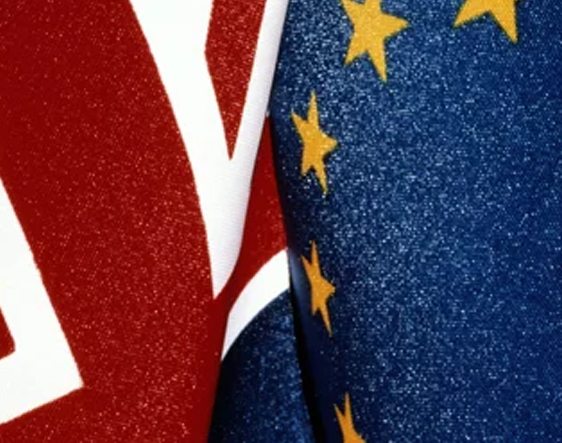“Much of the UK’s activity in both goods and services are part of integrated production systems that rely on frictionless trade of both final goods and components within the EU”. Comment from Professor Nigel Driffield.
“Many inward investors have entered the UK precisely because of the seemless trading relationship within the EU, facilitating the organisation of value chains across locations. WTO rules, even with electronic scanning at customs will add frictions, and cause relocation of activity, often to the disadvantage of the UK. We are already seeing a reduction in inward investment.
“Were one starting from scratch, there are certain activities that, given the nature of value chains, one would not locate in the UK were it subject to WTO rules. Some of these activities are already here and they may decide that the costs of exit outweigh the additional costs associated with Brexit.
“However, if one takes activities that involve adding value to raw materials, which are then subject to tariffs on the value added when those goods are exported to the EU, then the costs become prohibitive to operating in the UK. WTO rules also ignore 40 years of integration of standards and regulation. These regulations, on worker protection, environmental standards, and technical specifications facilitate trade within the EU.”
“Were we to leave this arrangement, firms would be faced with either adopting the regulations anyway, in order to export to the EU, or to focus on replacing exports to the EU with exports to the rest of the world. While there may be examples of sectors that are able to do this, all of the evidence suggests that overall the levels of trade growth required to replace EU exports are simply unattainable.”







